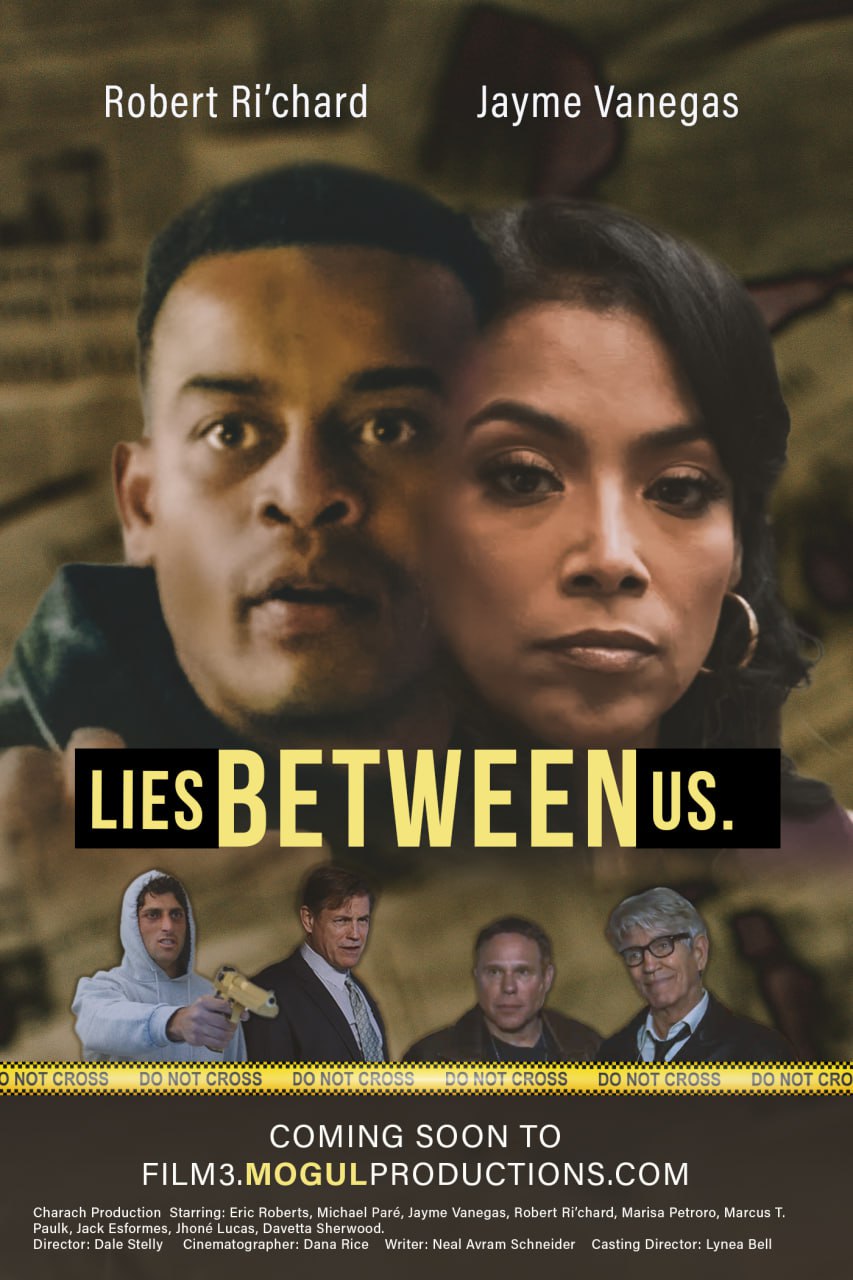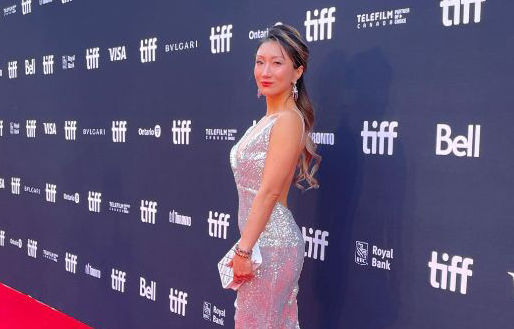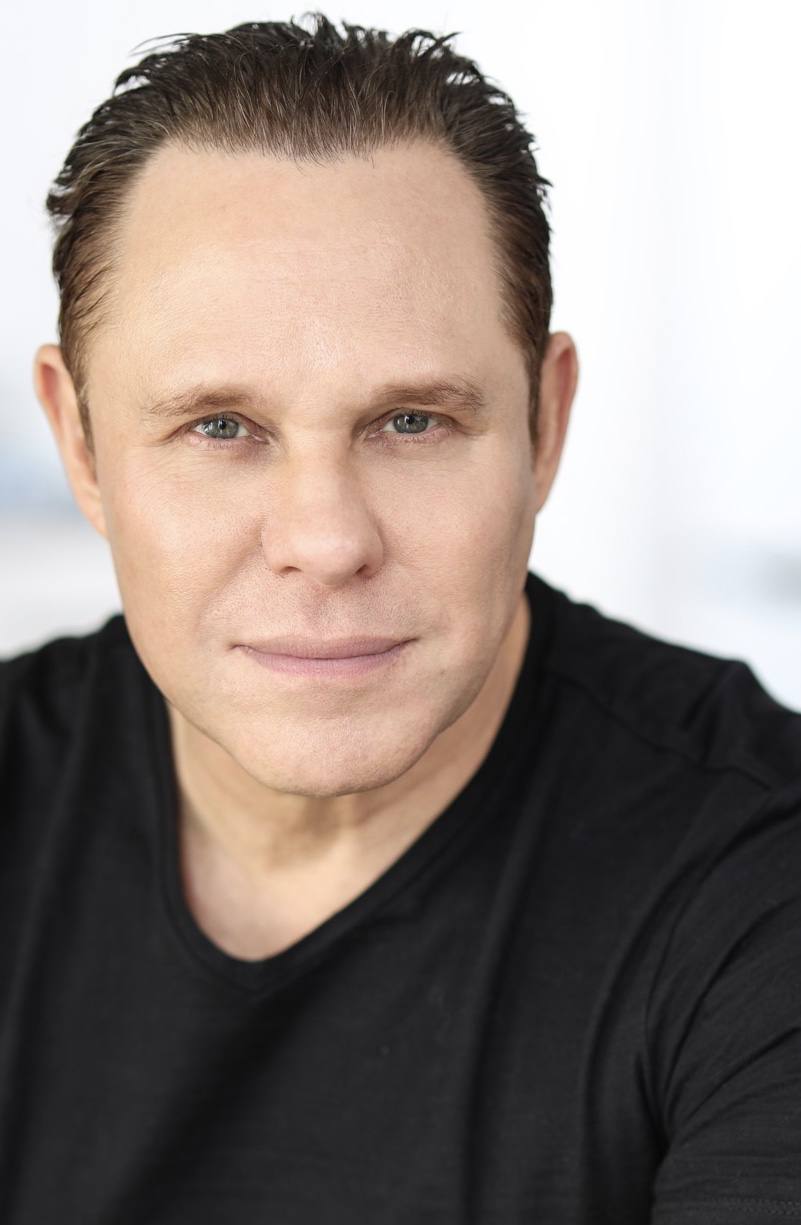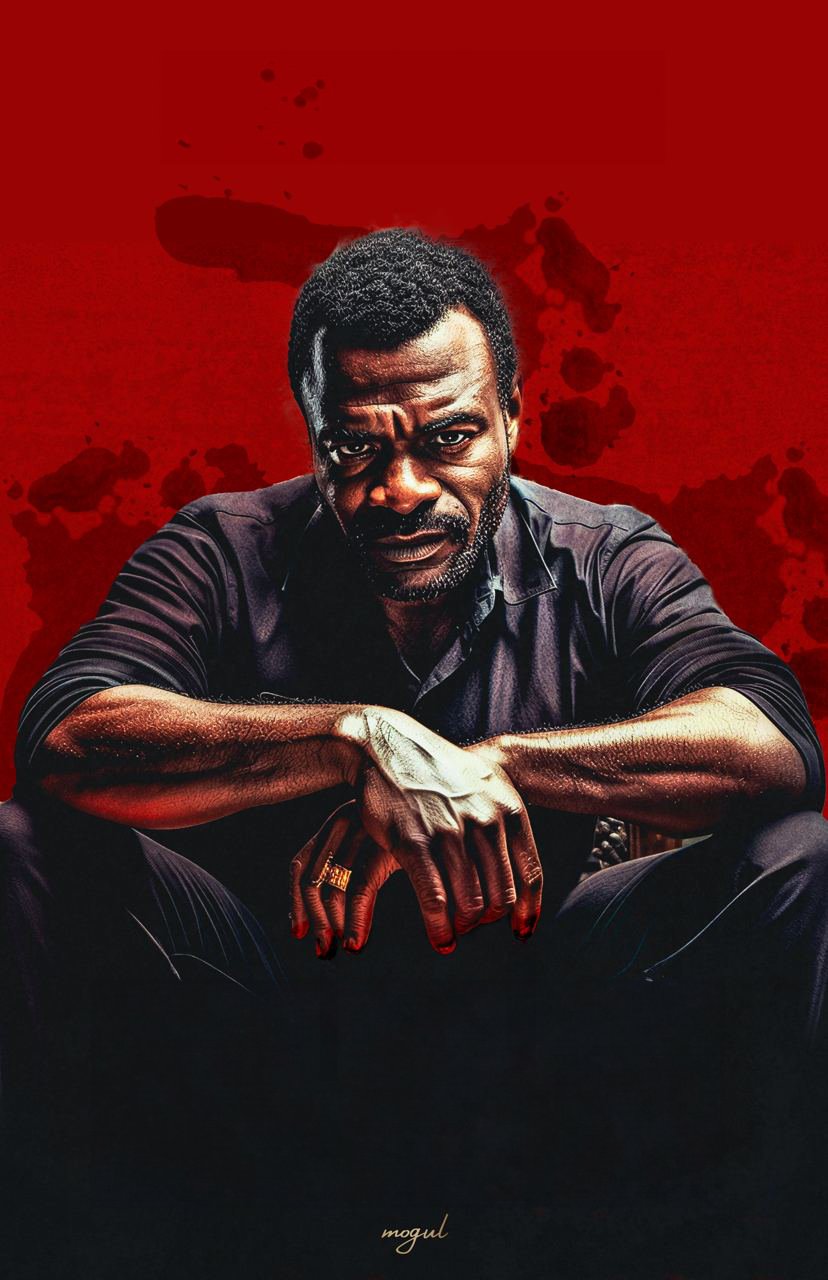There’s a variety of reasons for why less people are going to the movies these days, whether it’s the abundance of home entertainment options and tech or simply concession prices being too expensive.
In some ways COVID certainly played a role, but movie ticket sales were steadily declining prior to the pandemic, even if they only recovered to half of pre-pandemic levels since.
Barbie was probably the most successful movie in theaters in recent years (other than Top Gun), and part of that certainly was due to smart marketing but also because it allowed people to have fun with the theater experience. We’ve seen it with superhero movies and things like Star Wars, where if the subject of a film is culturally significant in a broad way, there’s usually more engagement from audiences in the form of well attended midnight releases by fans in costumes and in character.
Even then there’s lessons there for films or IP that might not have similar cult followings (yet).
Ultimately, the way to get folks back into theaters, especially for new releases, is to sell more than the ability to watch a movie. Theaters and movie makers have to sell an experience or at the very least give audiences something they can’t get at home.
While some film purists view the silver screen and the theater experience as a necessary aspect of movie viewing, it’s fairly clear most people will settle for the comfort of their own home the majority of the time.
So reframing the problem from that perspective will be helpful towards finding ways to get people into theaters again.
With that in mind, let’s explore some possible solutions.
- Benefits For Costumed Attendees
Film studios and their theater partners should look to get movie goers personally invested in the theater experience. One area that certainly is low hanging fruit, is to offer opening week perks for any movie goer who gets into the spirit of the film and shows up dressed as a character in the movie.
While this may not be possible for every movie, since you know, some movies just have characters who dress like normal people, there’s still plenty of movies that this is possible for. And if some of those perks happen to be free or discounted concession items, it creates an additional incentive beyond having fun, as concession prices are a pretty big reason people choose to stay home.
That said, it wouldn’t be fair to not acknowledge that movie ticket prices haven’t exactly kept up with inflation and movie theaters have operating costs they need to cover. So it’s difficult to be too hard on theater owners for using food and beverage to keep the projectors running.
- Unique, Limited Edition Collectibles
Surely most people have seen promotions around special promotional cups or suggestive popcorn buckets, but despite their novelty they also tend to be cheap, low quality items.
One way theaters and film studios can up their collectible game is to include QR codes on tickets that allow movie goers who attend on opening weekend to have the opportunity to unlock digital tokens such as a branded NFT that can either be resold online or be used to claim a limited edition physical collectible tied to the movie.
These can be anything from movie props or thoughtfully curated and well made collectibles that are only produced once in limited quantities. With only so many available, attendees who catch the film on opening night all but guarantee they’ll be able to secure their collectible token and item.
It’s certainly one of the ways Mogul is thinking about how Blockchain tech can enhance the overall experience for the audience while also ensuring strong opening nights.
- Creating More Symbiotic Value via Membership Programs
As noted above, theater owners do have unique challenges and tight margins to work with. They’ve responded by offering higher prices on concessions, which has had a deterrent effect for audiences.
And while some theater brands like AMC have tried to build out membership programs, they under delivered by offering underwhelming or unrealistic perks. While being able to see 3 movies a week for $20 a month sounds good on paper, not so much in reality given the time commitment and only so many new movies to see.
If the goal is to get butts in the seats, there needs to be options for members that encourage them to bring a friend or two.
Again, it isn’t exactly a new preference that people would rather stay home than go to the movies. Going back a decade to 2014, before the expansion of streaming options and affordable home theater setups, 58% of people would rather stay home.
And while some do enjoy the experience of attending solo, going to the movies is largely a social experience. Creating membership benefits that offer discounted tickets and concessions based on the number of people a member brings might help move the needle as it relates to incentivizing people to choose the theater over their home.
To tie this option into the aforementioned suggestion, these membership programs can also have opportunities to earn outside the theater through strategic partnerships where there are better rewards based on members who enjoy movies in theaters more frequently.
These can be anything from collectibles, apparel, props, gift cards, and even one-of-a-kind experiences like getting to visit the set or be an extra in an upcoming film (similar to perks Mogul offers).
At the end of the day, the way to get people going to movie theaters again begins with getting them excited about going in the first place.
A big screen and booming sound system are no longer enough. More comfortable theater seating and enhanced food and beverage options also haven’t been able to make much of a difference, not even the ability to catch a buzz.
Some might bemoan the state of things as a sign that consumers are spoiled and impossible to please, but that’s a cynical view and one that doesn’t solve for the problems theaters are facing.
It’s also easy to say studios need to make better movies, but when they do, folks would simply rather wait until it’s on streaming platforms.
That’s why the only reasonable approach is for theater chains and studios to collaborate in order to find ways to make audiences feel like there’s more value to going to theaters than sitting at home. Fortunately there are ways to do that, some we mentioned above.
Nevertheless, we encourage our readers to share the things that would get them out to the movies more often in the comments, in the Mogul Telegram, Discord, or on our Twitter/X.











